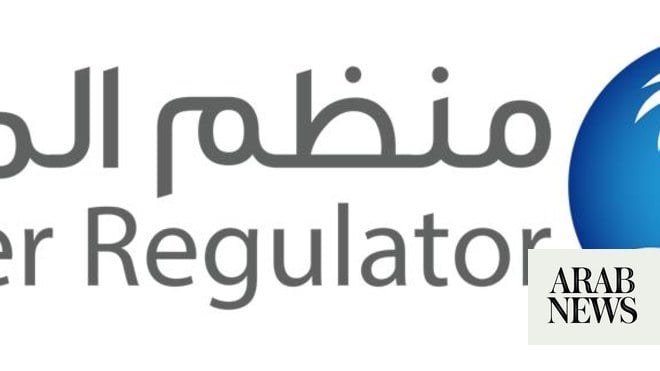
RIYADH: A major campaign to raise awareness about internet spam among social media users in the Middle East and North Africa (MENA) region was launched by Twitter on Monday.
The platform shared a series of videos in Arabic on its @TwitterMENA account as part of a safety drive aimed at helping people to identify and report unsolicited online communications.
George Ibrahim, Twitter’s MENA head of public policy, government and philanthropy, told Arab News: “We have launched the social awareness campaign to educate people on Twitter about how to deal with spam and to highlight our efforts around the health of the public conversation in the region.
“We want to educate people about the safety tools they can make use of, such as the ability to report the type of spam, in addition to tips and techniques to help identify spam behavior.”
He said spam was a kind of platform manipulation and could take many forms. It could be commercially motivated to divert attention from a Twitter conversation to certain products and initiatives or associated to inauthentic engagements that attempted to make accounts appear more popular than they were.
Sometimes referred to as junk, it could also take the form of coordinated activity that attempted to artificially influence conversations through the use of multiple accounts, fake accounts or automation, Ibrahim added.
“We use the term (anti-spam challenges) to describe our process for confirming whether a human is in control of an account we suspect is engaging in platform manipulation.”FASTFACTS
• Twitter challenged 291 million accounts for spammy behavior in the 12 months between July 2018 and June 2019.
• 50 percent fewer accounts were challenged in the first half of 2019 compared with the second half of 2018.
• Approximately 75 percent of challenged accounts failed the tests and were ultimately suspended.
For example, Twitter may require an account holder to verify a phone number or email address, or complete a reCAPTCHA test (to tell humans and robot software apps apart), he said, adding that these challenges were simple for authentic platform users to solve, but difficult or costly for spam and malicious account owners to complete.
“Accounts which fail to complete a challenge within a specified period of time may be suspended. We challenged 291 million accounts for spammy behavior in the 12 months between July 2018 and June 2019,” said Ibrahim, noting that 50 percent fewer accounts were challenged in the first half of 2019 compared with the second half of 2018.
The Twitter official pointed out that approximately 75 percent of challenged accounts failed the tests and were ultimately suspended.
George Ibrahim, Twitter head of public policy & government relations for MENA. (Photo/Supplied)
“We have made a number of investments in machine learning including the acquisition of Fabula AI (a London startup), which focused initially on expanding applications to stop spam,” he said.
Machine learning played a key role in Twitter’s attempts to serve the public conversation, he said, and Fabula AI had employed a world-class team of researchers to detect network manipulation.
“In September, we expanded our policies to prohibit financial scams. We want Twitter to be a place where people can make human connections and find reliable information.”
Ibrahim added that Twitter wanted to stop people from using its services to deceive others into sending them money or personal financial information via scam tactics, phishing, or other fraudulent methods.
“Using scam tactics on Twitter to obtain money or private financial information is prohibited under this policy. People are not allowed to create accounts, post tweets, or send direct messages that solicit engagement in such fraudulent schemes,” he added.












